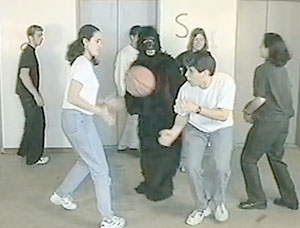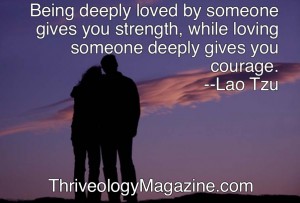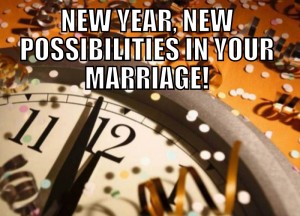3 Reasons Why Your Efforts To Save Your Marriage Are Failing
https://savethemarriage.com/stmblog/wp-content/themes/corpus/images/empty/thumbnail.jpg 150 150 Lee H. Baucom, Ph.D. Lee H. Baucom, Ph.D. https://secure.gravatar.com/avatar/669b7e375d93f77521ddaba08adb8063?s=96&d=blank&r=pgYour marriage is in crisis. It may be a surprise or it may just be you have finally hit bottom after watching a slow and chronic decline. But either way, you find yourself fighting for your marriage.
When “Anne” called, she was in the same spot. Her husband dropped the news on her over the weekend. She knew things weren’t great, but thought they were just in a slump. She told me that on Friday, he seemed irritated and distant, but she just chalked it up to a bad day at work.
But by Saturday afternoon, it was clear something else was going on. After some prodding and poking, he finally erupted with “I’m not happy!” From there, the conversation quickly devolved into an argument. And with that, her husband announced, “This is why I am done! We always end up here!”
Where did the discussion go wrong?
Mistake #1 — Anne begged, cajoled, and argued, in an attempt to change her husband’s mind. She was sure that if she could just get him to “see the light,” he would decide to hang in there and work on it.
Instead, Anne proved his point. She turned into her worst side. Her controlling tendencies emerged. And in the process, she tried to use words to “convince,” but they ended up feeling more like attacks and “crazy talk.”
Mistake #2 — Anne threatened. She threatened to take the children, take the house, take the money, and tell everyone about her husband’s “true side.”
That was another leap further into crisis. Now, not only was her husband unhappy, he was also feeling threatened. Whenever anyone feels threatened, we tend to defend ourselves. And when we defend ourselves, we armor ourselves. Any warm emotions have to be hidden and put away. What emerges instead, is anger and counter-threat.
To add insult to injury, since divorce is a legal process, the many threats Anne leveled, she could not even fulfill. But in her blind fear, she lashed out.
Mistake #3 — Anne manipulated. Somewhere on the internet, on a site about how to save your marriage, Anne read about using “reverse psychology.” So, Anne tried that. For a second, her husband was speechless — just long enough for Anne to think she had made some leeway. Then, she discovered that his speechlessness was his confusion and frustration that Anne was not really in the conversation. She was still working to control the situation — and therefore, him.
That was, as we say in the South, “gas on the fire.” In a matter of 24 hours, Anne had managed to watch her husband go from being unhappy to living in an apartment across town. In fact, in that same period, he had also made it very clear that any conversation with Anne was off-limits until she “stopped acting that way.”
Does any of this sound familiar? Perhaps you have made the same mistakes. Perhaps you find yourself still stuck.
Here is the overarching mistake that Anne made: she was reacting out of fear. Whenever we move from fear, we are in deep trouble. Almost always, our reaction makes things worse. In a panic, our insecure and threatened brain takes over, and off we run into deeper trouble.
Fear is never the best lead for our reaction. But we have to have an alternative. You want to make a plan on how you are going to rebuild your marriage. You do NOT want to be running on emotion. It will end up just like Anne. Now, Anne and I are working on her plan, trying to rebuild the relationship 1 step at a time. While Anne made mistakes and raised the barrier to saving her marriage, I think we can work through it — IF she can stop giving into her fear. Notice, I did not say she needed to stop being afraid.
It is normal to have the emotions. It is simply not helpful to react from that emotional spot. As my wife tells her clients, “Consult your plan, not your emotions.”
Ready to make a plan? Click here to get the resources you need to know how to save your marriage.






